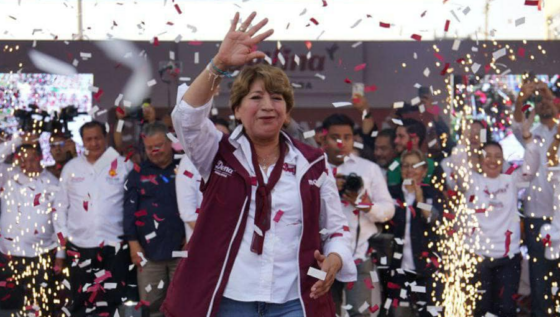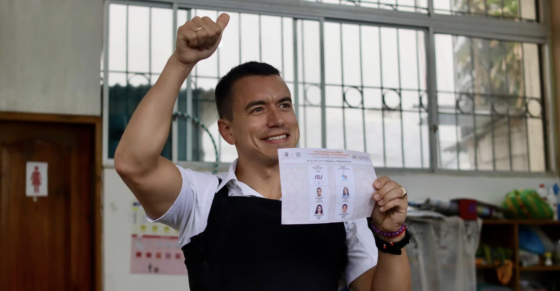
What Will Daniel Noboa’s Presidency Mean for Ecuador?
A Latin America Advisor Q&A featuring experts’ views on the presidential elections in Ecuador.
A Latin America Advisor Q&A featuring experts’ views on the presidential elections in Ecuador.
Amid Venezuela’s crisis and the upcoming 2024 presidential elections, a potential opportunity for a democratic transition may emerge. The escalating authoritarianism, human rights abuses, and dire humanitarian situation underscore the critical importance of addressing these challenges while also identifying opportunities for transition to occur.
A Latin America Advisor Q&A featuring experts’ views on the mayoral elections in Mexico City.
As Venezuela’s presidential elections, scheduled for 2024, draw closer, the international community’s attention is primarily focused on how to use leverage to ensure minimal electoral conditions. US high-level officials have publicly said they would ease some of the economic and political sanctions imposed on the country in exchange for meaningful concessions by Nicolas Maduro’s government, and there is clearly an ongoing back channel between US and Venezuelan authorities along these lines. While this discussion is essential, it often overshadows a vital aspect of the conversation—the plan for what comes next. No transition of power is possible without a clear path forward after election day.
In Latin America today, traditional coups are no longer the biggest threat to liberal democracy. More perilous are democratically elected leaders who, once in power, deliberately and gradually undermine basic guarantees, such as judicial autonomy, electoral integrity, independent press work and free expression.
Rebecca Bill Chavez discusses the intersectional crisis in Latin America by assessing democracy, migration, and climate change in The Burn Bag podcast.
A Latin America Advisor Q&A featuring experts’ views on Guatemala’s presidential election.
A Latin America Advisor Q&A featuring experts’ views on Argentina’s presidential primaries on Aug. 13, and far-right populist Javier Milei emerging as the top vote-getter.
A Latin America Advisor Q&A featuring experts’ views on Ecuador’s presidential and legislative elections slated for August 20.
Ambassador Thomas Shannon, the co-chair of the Inter-American Dialogue, offered five rules for diplomacy in the 21st century.
Tamara Taraciuk Broner, Director of the Peter D. Bell Rule of Law Program at the Inter-American Dialogue, spoke with the Washington Post about the impact of President Nayib Bukele’s security strategy on democracy and the region.
Despite receiving a minority of political support, the balance of power is in favor of the regime who dominates the repressive apparatus and possesses economic resources to maintain control and seek a dynastic succession. The magnitude of repression, as well as the noise of various international conflicts, render international mobilization difficult. However, the international community must confer greater importance to the Nicaraguan crisis in the global agenda.
As Guatemalans got ready to vote in presidential, legislative, and local elections scheduled for June 25, 2023, the Inter-American Dialogue hosted a panel discussion with Guatemalan experts on the overall context in which these elections would take place.
Building on our December event “Peru’s Precarious Politics – The Crisis Deepens,” the Inter-American Dialogue hosted a follow-up panel discussion on Peru’s ongoing social and political crisis.
A Latin America Advisor Q&A featuring experts’ views on Mexico’s state elections.
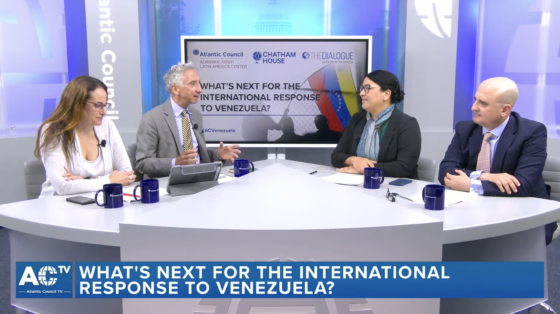 Video
Video
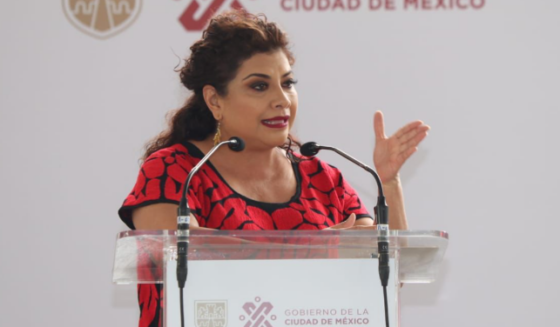
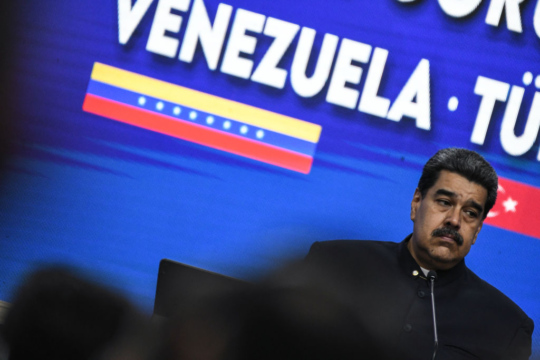
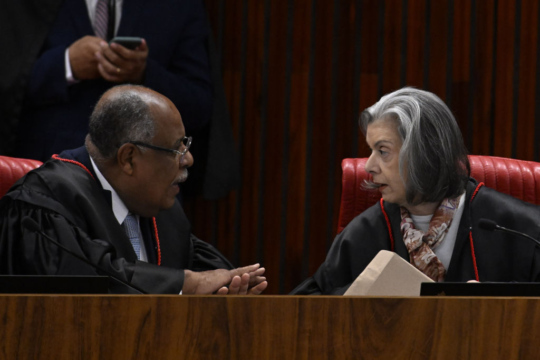
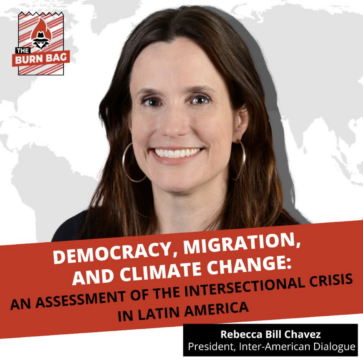
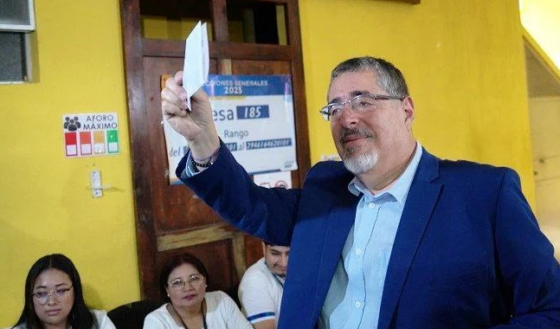
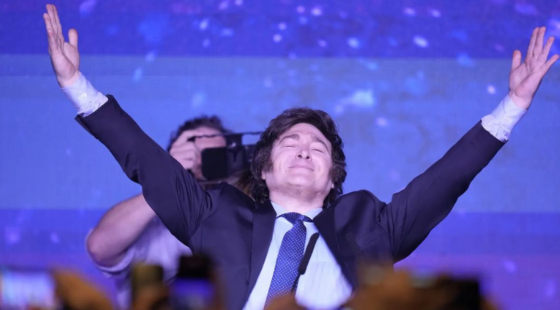
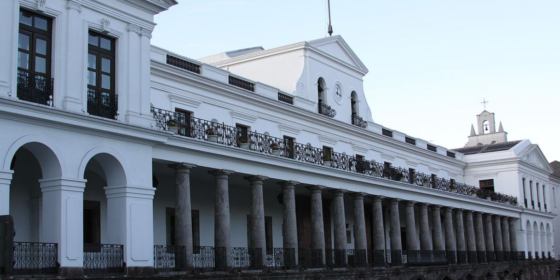
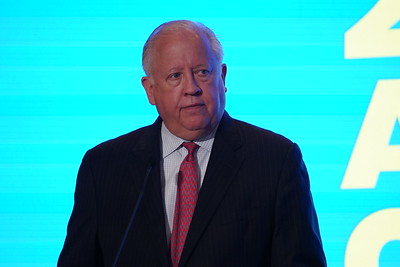
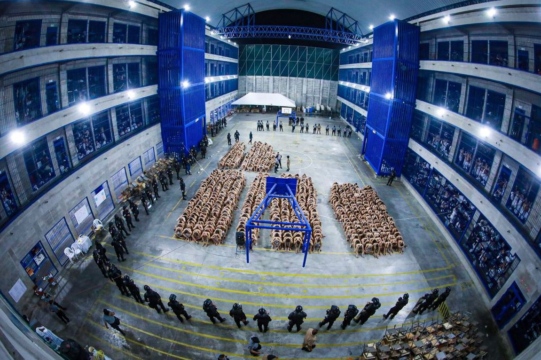
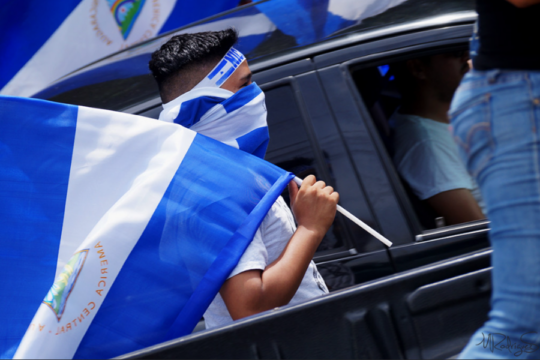
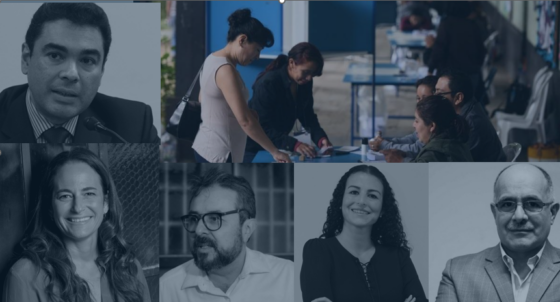 Video
Video
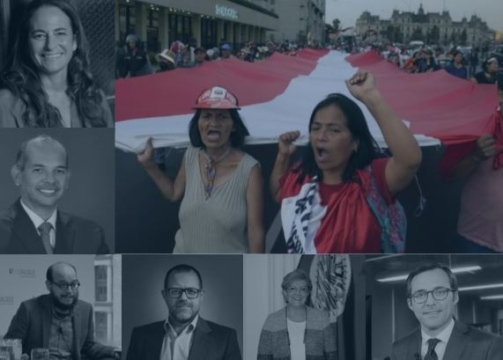 Video
Video
